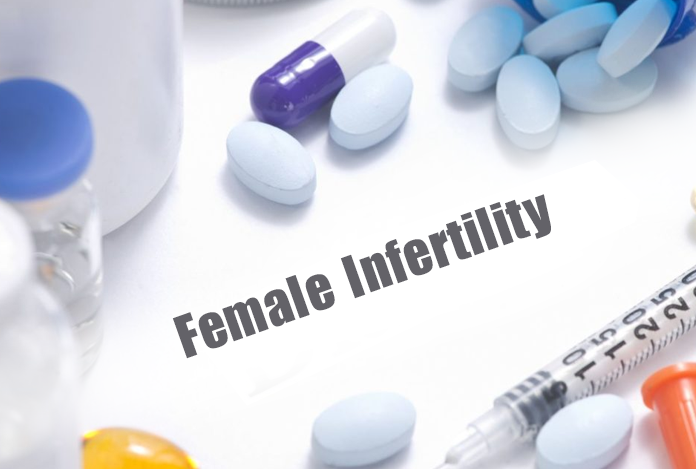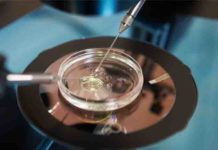
Infertility is when a couple is unable to conceive even after 12 months of regular and unprotected sexual intercourse. There may be various reasons behind infertility like unhealthy lifestyle and diet, anxiety, depression, injury, certain drugs, surgery, or a combination of two or more of these factors.
However, one of the prominent reasons is drug side effects. Usually, prescription and over-the-counter drugs interact with the hormones inside our body that may lead to infertility. Some medications that can cause infertility in men as well as in women are discussed below:
Drugs that May Cause Male Infertility
- Testosterone Therapy: Testosterone replacement therapy have a detrimental effect on sperm production. When testosterone is given to a person, then it signals the testes to not to make any testosterone by itself and hence, hormones that signals the testes to make sperms are blocked. The most common result of this is very low sperm count or no sperm in the semen at all.
- Anabolic Steroids: These are the drugs that help build muscle mass and decrease body fat. Anabolic steroids have recently gained currency among non-athletes. Sometimes, fitness and muscle-building supplements have anabolic steroids in them. Anabolic reduces the production of sperms and reduces the sperm count in semen.
- 5-Alpha-Reductase Inhibitors (Dutasteride and Finasteride): These are used to treat hair loss and prostate enlargement. These medications cause a decrease in sperm volume per ejaculation as well as sperm count. However, the effects of these medicines are mild and are generally go away once the medications are stopped.
- Alpha Blockers: These affect the male fertility in different ways. Different medications affect differently. Some decrease the volume of sperms per ejaculation and the sperm count, while others result in abnormal morphology and motility of the sperm.
- Selective Serotonin Reuptake Inhibitors (SSRIs): These medicines are used to treat anxiety disorders and depression. These may affect sperm motility and other aspects of sperm morphology.
- Ketoconazole: This synthetic imidazole antifungal drug is available both as a pill and ointment. The former inhibits the production of sperm while the latter does not affect the sperm in any way.
- Epilepsy Drugs: Epilepsy drugs like valproate and carbamazepine can decrease the sperm count. These drugs decrease the testosterone levels in men.

Drugs that May Cause Female Infertility
- NSAIDs: Non-steroidal anti-inflammatory drugs interfere with ovulation; particularly, the ability of the egg to be released by the ovary.
- Psychiatric Medications: Medications like antipsychotic drugs can interfere with different hormones like prolactin. They also increase the chances of miscarriage.
- Antiepileptic Drugs: These are also believed to affect fertility, although the reason is yet unknown.
- Thyroid Medications: These affect the fertility by altering the prolactin levels in the body.
- Antibiotics: While these are used to treat bacterial infections, they can cause infertility and miscarriage at an early stage by promoting the growth of vaginal yeast and making cervical mucus hostile for sperm.
- Antidepressants: Some of the antidepressants increase levels of prolactin, which suppresses ovulation. However, before stopping or changing antidepressants, it is recommended to consult a doctor.
- ACE Inhibitors: Angiotensin-converting-enzyme (ACE) inhibitors can cause infertility as they increase the levels of prolactin.
- Warfarin: These causes birth defects, miscarriage, premature delivery and so forth.
- Corticosteroids: They are not harmful in short term. However, regular use of corticosteroids for a longer duration can cause premature menopause and can inhibit ovulation.
- Diuretics: Diuretics withdraw the water from the body and can often cause dehydration. This may lead to low semen volume per ejaculation in males and low cervical mucus in females.











